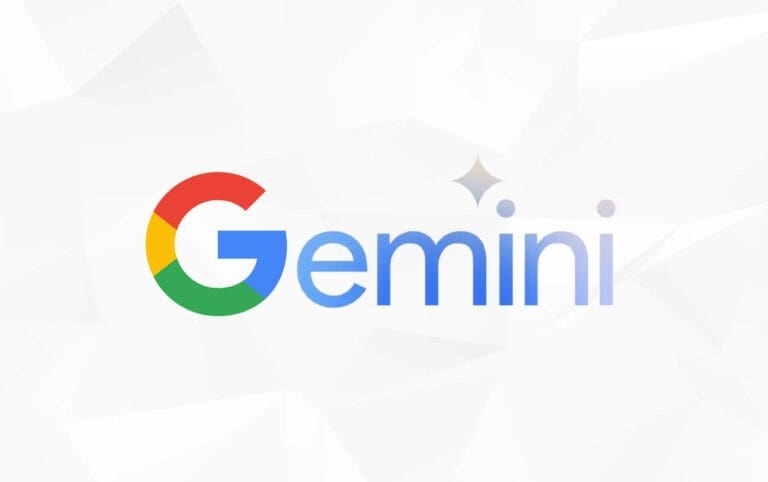Generative AI is only possible as workers assess the accuracy of chatbot output. Google’s new guidelines for these contractors are causing an uproar.
A new internal directive from Google, relayed to contractors working on Gemini and viewed by TechCrunch, raises concerns that Gemini could be more inclined to provide ordinary users with inaccurate information on highly sensitive topics, such as healthcare.
To improve Gemini, contractors assess AI-generated responses for factors such as truthfulness. These contractors work for GlobalLogic, an outsourcing company owned by Hitachi.
Skip prompts
Until recently, these contractors could “skip” specific prompts. Thus, they chose not to evaluate AI-written responses to those prompts if the prompt was far outside their area of expertise. For example, a contractor could skip a prompt asking a niche cardiology question because the contractor had no scientific background.
But last week, GlobalLogic announced a change from Google. Contractors will no longer be allowed to skip such prompts, regardless of their expertise.
Internal correspondence viewed by TechCrunch shows that the guidelines previously read, “If you do not have the crucial expertise (e.g., coding, math) to review this prompt, skip this task.”
But now the guidelines read, “You should not skip prompts that require specialized domain knowledge.” Instead, contractors are told to “review the parts of the prompt you understand” and add a note that they do not have domain knowledge.
Concerns about accuracy
This has raised concerns about Gemini’s accuracy on specific topics, as contractors are sometimes asked to review highly technical AI responses on rare diseases they have no background in.
“I thought the point of skipping was to increase accuracy by giving it to someone with more expertise?” noted one contractor in internal correspondence, seen by TechCrunch.
According to the new guidelines, contractors may now skip prompts only in two cases: if they are “completely missing information,” such as the full prompt or response, or if they contain harmful content that requires special consent forms to evaluate.
Google did not respond to TechCrunch’s request for comment.
